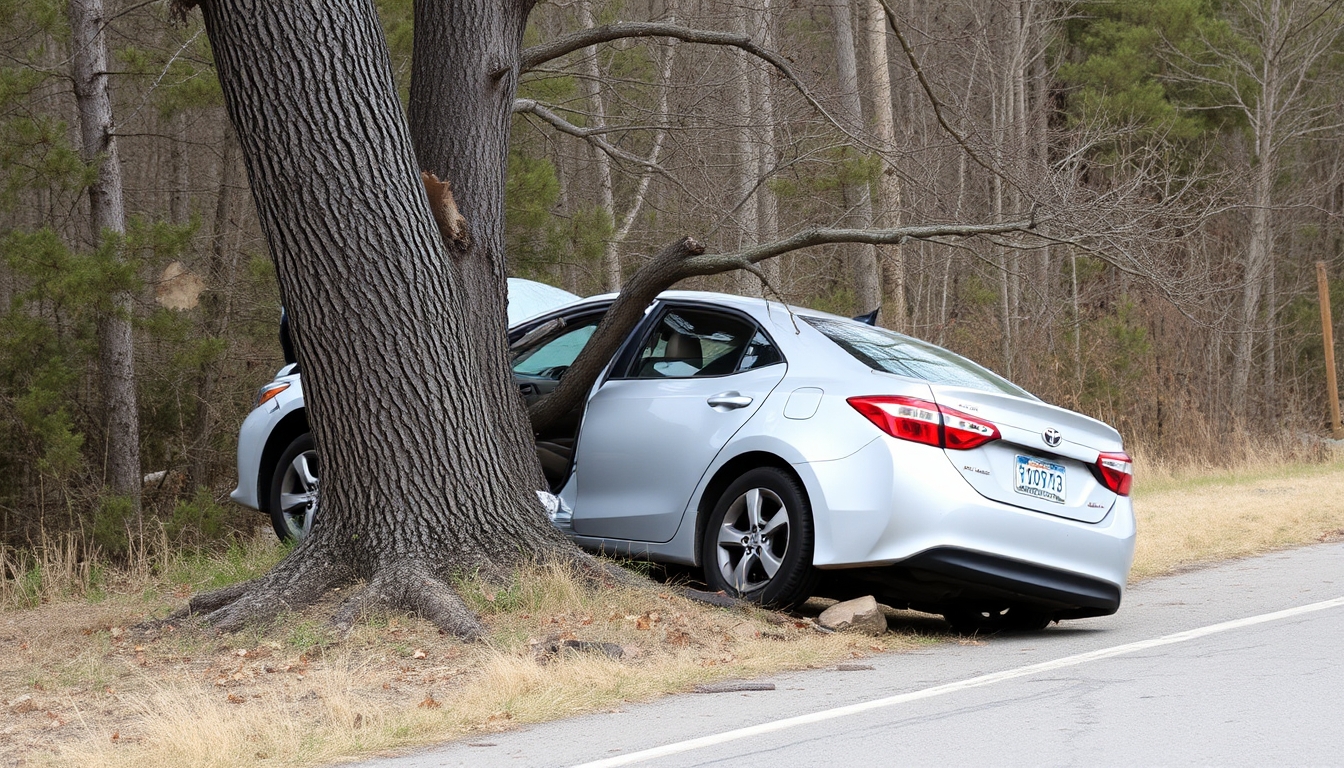Introduction
Navigating the aftermath of an auto accident can be a daunting experience, and understanding insurance claims is crucial. Whether you’re dealing with medical bills, vehicle repairs, or lost wages, having a solid grasp of the insurance claim process helps ensure that you receive the compensation you deserve. This article aims to guide you through every aspect of filing an insurance claim after an auto accident, providing valuable insights and practical tips.
Understanding Insurance Claims After an Auto Accident
When you're involved in a car accident, your mind races with questions: What do I do next? How do I file a claim? Will my insurance cover all the damages? Understanding insurance claims after an auto accident is essential for ensuring you're adequately compensated for your losses and injuries.
The Basics of Auto Insurance
Before diving into claims, it’s essential to understand what auto insurance covers. Most policies include several key components:
Liability Coverage: This pays for damages to another person if you're at fault. Collision Coverage: This covers your vehicle's repair costs regardless of fault. Comprehensive Coverage: This protects against non-collision-related incidents like theft or natural disasters. Uninsured/Underinsured Motorist Coverage: This comes into play if the other driver lacks sufficient coverage.Why Understanding Your Policy Matters
Knowing which coverages apply in various scenarios can significantly impact your financial recovery post-accident. For instance, if you find yourself seriously injured due to someone else's negligence, liability coverage from their policy becomes crucial.
Steps to Take Immediately After an Accident
After ensuring safety and calling emergency services, follow these steps:

Importance of Documentation
Documentation is key in supporting your claim; it provides evidence that can help sway adjusters in your favor.
Filing Your Insurance Claim
How to File a Claim
Filing a claim can be straightforward if you know what steps to take:

Tips for Communicating with Your Insurer
- Keep it concise but informative. Avoid admitting fault during conversations. Ask questions if something isn’t clear.
What Happens After You File?
Once you've submitted your claim:
An adjuster will be assigned to investigate. They may contact witnesses or review police reports. You'll eventually receive a settlement offer based on their findings.Understanding the Settlement Process
The settlement offer may not cover all expenses initially; negotiation might be necessary.

Common Mistakes When Filing Claims
Avoiding Pitfalls in Your Claim Process
Mistakes can delay or even derail your claim:
- Failing to report accidents promptly Inadequate documentation Accepting initial lowball offers without negotiation
How to Avoid These Mistakes
Always read through your documents thoroughly before submitting anything and seek professional advice when needed.
Working with Legal Professionals
When Should You Consider Hiring an Attorney?
In some cases, hiring legal representation is wise:
Severe injuries are involved. The liability is disputed. Complex claims with multiple parties are present.Benefits of Hiring Moseley Collins Law Sacramento Car Accident Lawyers
Working with experienced professionals like Moseley Collins Law can provide invaluable support throughout the claims process:
- They understand local laws and nuances. They negotiate effectively with insurers on your behalf. They gather necessary evidence to bolster your case.
Types of Attorneys You Might Need Post-Accident
Depending on your situation, different types of attorneys may assist you:
Sacramento car accident lawyers Sacramento truck accident lawyers Sacramento motorcycle accident lawyers
Calculating Damages After an Auto Accident
What Types of Damages Can You Claim?
Understanding the types of damages is vital when calculating how much you'll pursue in a claim:
Medical Expenses Lost Wages Pain and SufferingHow Each Damage Type Is Calculated
Medical expenses can include current bills and future treatment costs; lost wages consider both past income and potential future earnings affected by the injury.
Negotiation Tactics for Settlements
Effective Strategies for Negotiating Your Claim Settlement
Negotiation plays a significant role in reaching a satisfactory settlement:
Start high; leave room for negotiation. Back up demands with documentation (medical bills, repair estimates). Be prepared for counteroffers but remain firm on key points.Common Counterarguments from Insurance Companies
Insurance adjusters often look to minimize payouts by questioning injuries or disputing fault—being prepared for these tactics makes negotiations smoother.
FAQs About Insurance Claims After an Auto Accident
1. What should I do immediately after an auto accident?
It's crucial first to ensure safety by calling emergency services if needed, gathering information from all parties involved, documenting the scene with photos, and reporting it to law enforcement.
2. How long do I have to file a claim after an accident?
Most states allow anywhere from Moseley Collins Law http://www.moseleycollins.com/ 30 days up to several years depending on circumstances; however, it's advisable to file as soon as possible following the incident.
3. Will my insurance rates go up after filing a claim?
This varies by insurer but generally speaking—if you're not at fault—your rates shouldn't increase significantly; however, each circumstance differs based on state laws and individual company policies.
4. Can I still file a claim if I was partially at fault?
Yes! Many states operate under comparative negligence laws allowing you to recover some amount even if partially responsible—but this amount may be reduced based on established fault percentages.
5. What happens if my claim gets denied?
If denied initially don’t lose hope! Review reasons provided by insurers carefully then contact them again—appeals processes exist where further documentation might sway decisions positively!
6. Should I hire an attorney for my auto accident case?
If you've sustained severe injuries or face complex disputes regarding liability—hiring experienced legal counsel such as Moseley Collins Law could significantly boost your chances toward fair compensation!
Conclusion
Understanding insurance claims after an auto accident doesn’t have to be overwhelming when equipped with knowledge about processes involved—from filing initial reports down through settlement negotiations! Remember that professional legal assistance from experts like Moseley Collins Law Sacramento car accident lawyers can help guide you through complexities ensuring that every step taken maximizes recovery potential while minimizing stress associated alongside navigating post-crash issues effectively!